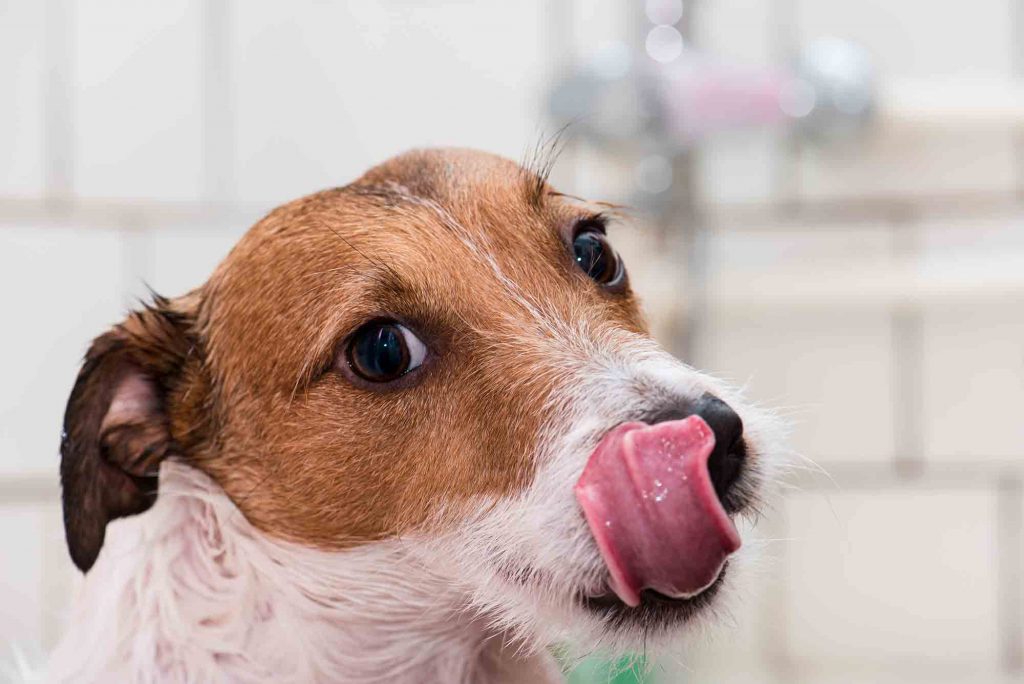The Scoop on Why Dogs Eat Poop
 Every dog owner knows their beloved pet sometimes engages in rather distasteful acts – licking themselves at inappropriate times, rummaging through the trash for tasty morsels, investigating dead things, and, arguably the grossest canine behavior: poop eating.
Every dog owner knows their beloved pet sometimes engages in rather distasteful acts – licking themselves at inappropriate times, rummaging through the trash for tasty morsels, investigating dead things, and, arguably the grossest canine behavior: poop eating.
Whether they eat their own poop, raid the litter box, or chomp on wildlife droppings at the park, poop eating (also known as coprophagia) is a disgusting and potentially dangerous habit. Although not every dog owner has to deal with this particular issue, it’s common enough that we want to discuss why dogs eat poop and help you figure out what to do about it.
Why do Dogs Eat Poop?
By nature, dogs are scavengers that explore the world with their noses and mouths. This combination of instinctual traits can pose a problem when our pets ingest something toxic. Owners need to take extra care to keep pets from investigating potentially hazardous items like dead rodents or lawn and garden chemicals.
When it comes to poop in particular, parasites and infectious disease can pose real risks to a dog. In order to put a stop to this behavior, determining the root cause can be helpful. Certain medical conditions can contribute to coprophagia, including:
- Vitamin or mineral deficiencies/malnutrition
- Parasites
- Malabsorption disorders
- Underlying illness
- Compulsive behavior
Oftentimes, however, coprophagia has nothing to do with a health issue and may be the result of other reasons, such as:
- Boredom/lack of environmental enrichment
- Desire to keep his or her territory clean
- Enjoyment of the taste/texture
Putting a Stop to It
Figuring out why dogs eat poop can be tricky and may require the assistance of your trusted family veterinarian. In the meantime, preventing your dog from gaining access to his or her favorite snack is the best way to avoid a stinky and potentially dangerous situation:
- Clean up immediately after your dog defecates.
- Keep a close eye on him or her while on a walk or at the park.
- Never allow your dog off leash outside your own yard.
- Place your cat’s litter box in an area that’s not accessible to your dog.
- Keep rabbits and other rodent pets in a separate area. Clean their cages frequently.
- Teach or reinforce the “leave it” command to your pooch.
If your dog partakes in this less-than-pleasant habit, please give the team at Volunteer Veterinary Hospital a call or click to schedule an appointment.

